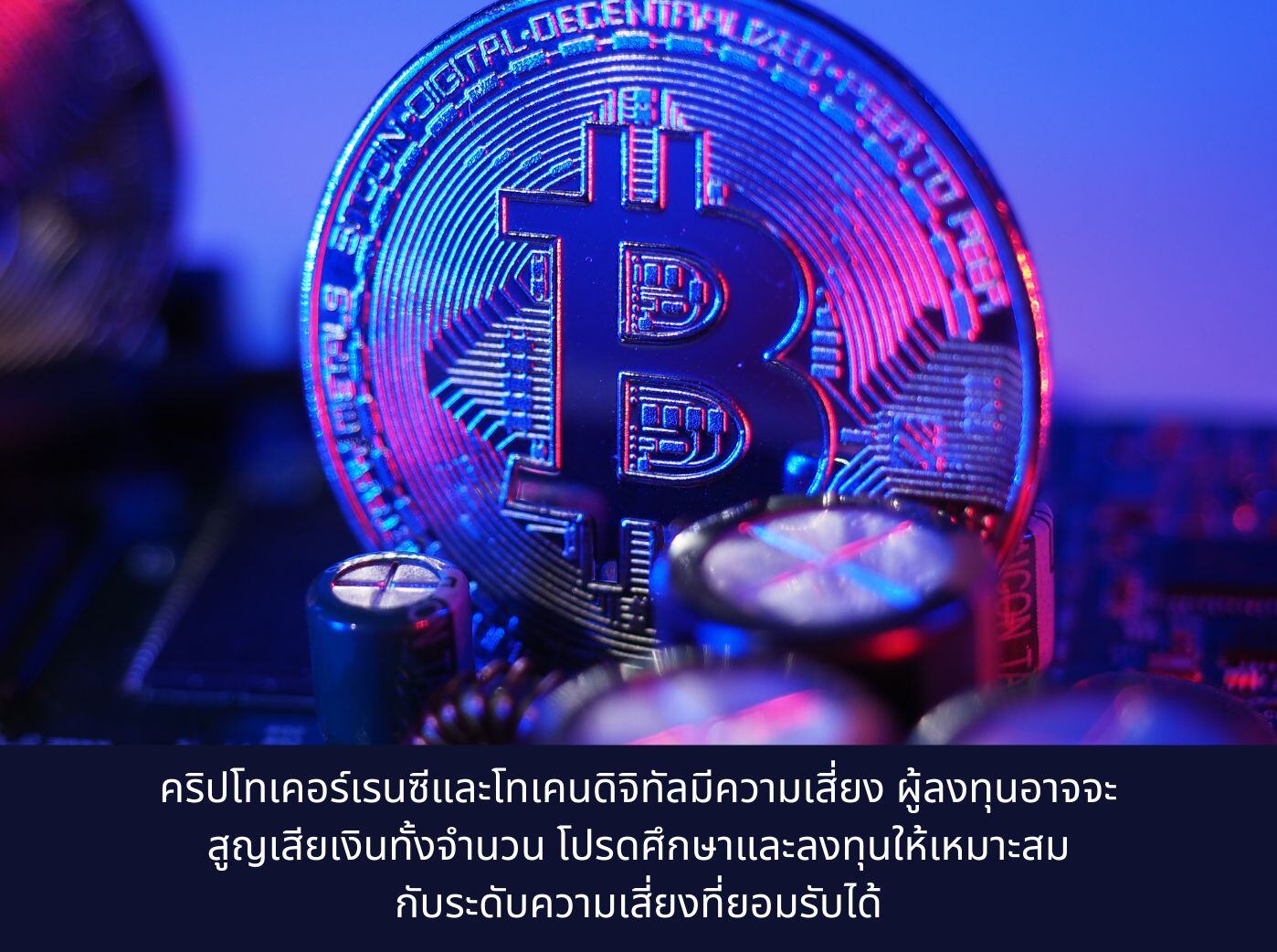Share this
Understanding Digital Currency: What Is It and How Is It Transforming the Modern Financial System?
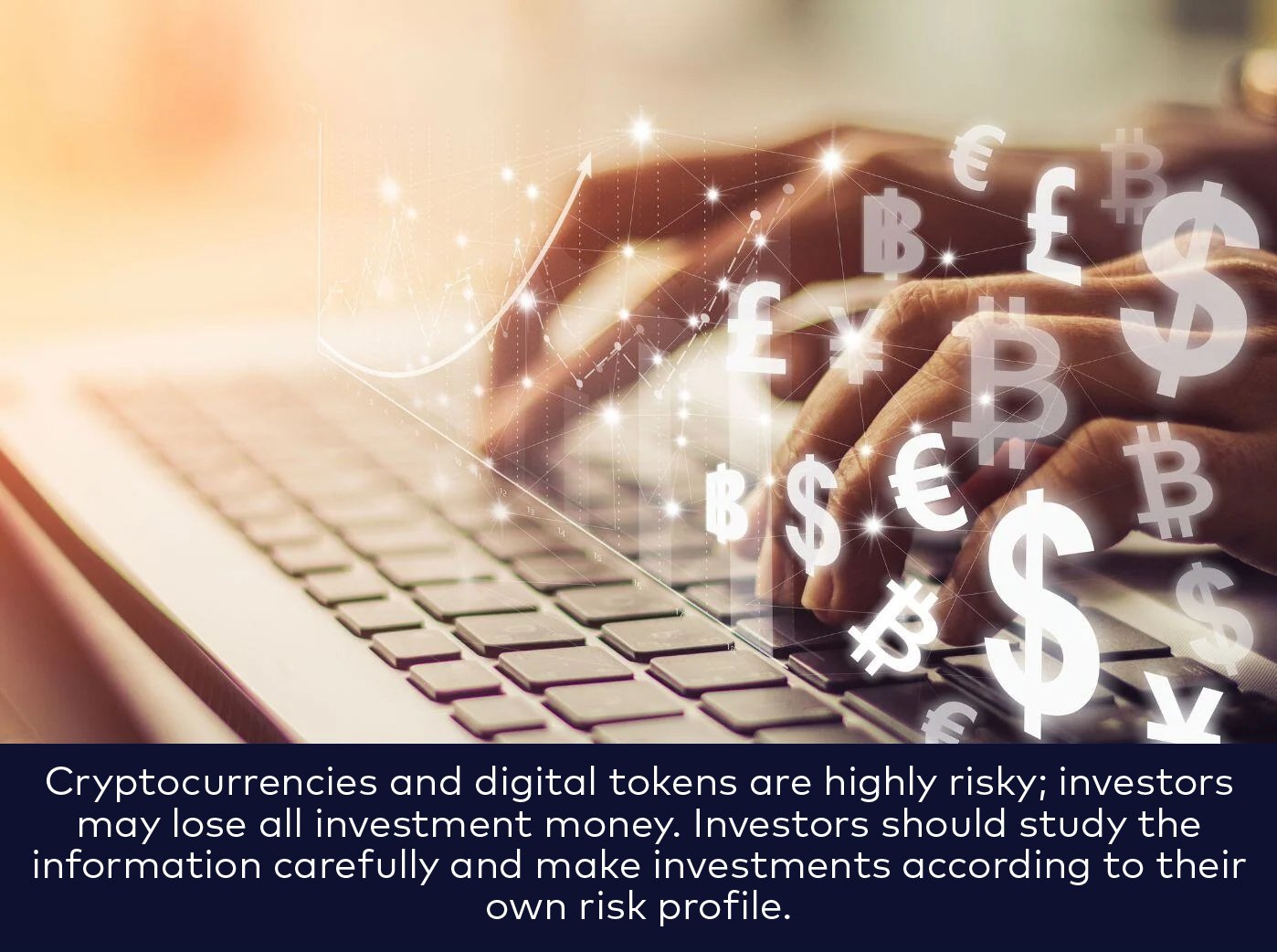
Digital currency is reshaping the global financial landscape, marking a shift from traditional paper money to decentralized digital assets. As financial systems evolve, understanding digital currency is essential—what it is, its different types, its benefits, and how it’s used in everyday life.
What is Digital Currency?
Digital currency is money in the form of encrypted code, using ‘Cryptography’ to secure transactions. It can be exchanged freely as there are no intermediaries such as banks, financial institutions, or governments controlling the transactions. Transactions are encrypted and decoded using blockchain technology, which ensures transparency, security, and trust for those who hold it.
As a result, the use of digital currency has become increasingly widespread. The absence of intermediaries allows for faster, more private, stable, and flexible transactions, which has led to a rise in demand for holding digital currencies. This has led to the creation of more digital currencies, providing investors and traders the opportunity to hold them as per their needs.
Types of Digital Currency
Digital currencies in the market today fall into three main categories, each serving distinct purposes:
Cryptocurrency
Cryptocurrencies are widely traded digital assets, with over 10,000 available in the market. Each has a unique purpose and value, allowing investors to choose based on their preferences and investment goals.
CBDC
CBDCs are government-issued digital currencies, functioning like traditional money but utilizing blockchain technology. Unlike cryptocurrencies, they are regulated by central banks and operate under state policies.
Token
It is a ticket or a right to an asset, that grant specific rights to their holders and are categorized into:
- Investment Token: Represent ownership or investment in a project, as outlined in the White Paper, often granting revenue shares or profit-sharing rights.
- Utility Token: Used for specific purposes such as accessing services, purchasing goods, or unlocking exclusive benefits as outlined in the White Paper. The benefits vary depending on the specific token.
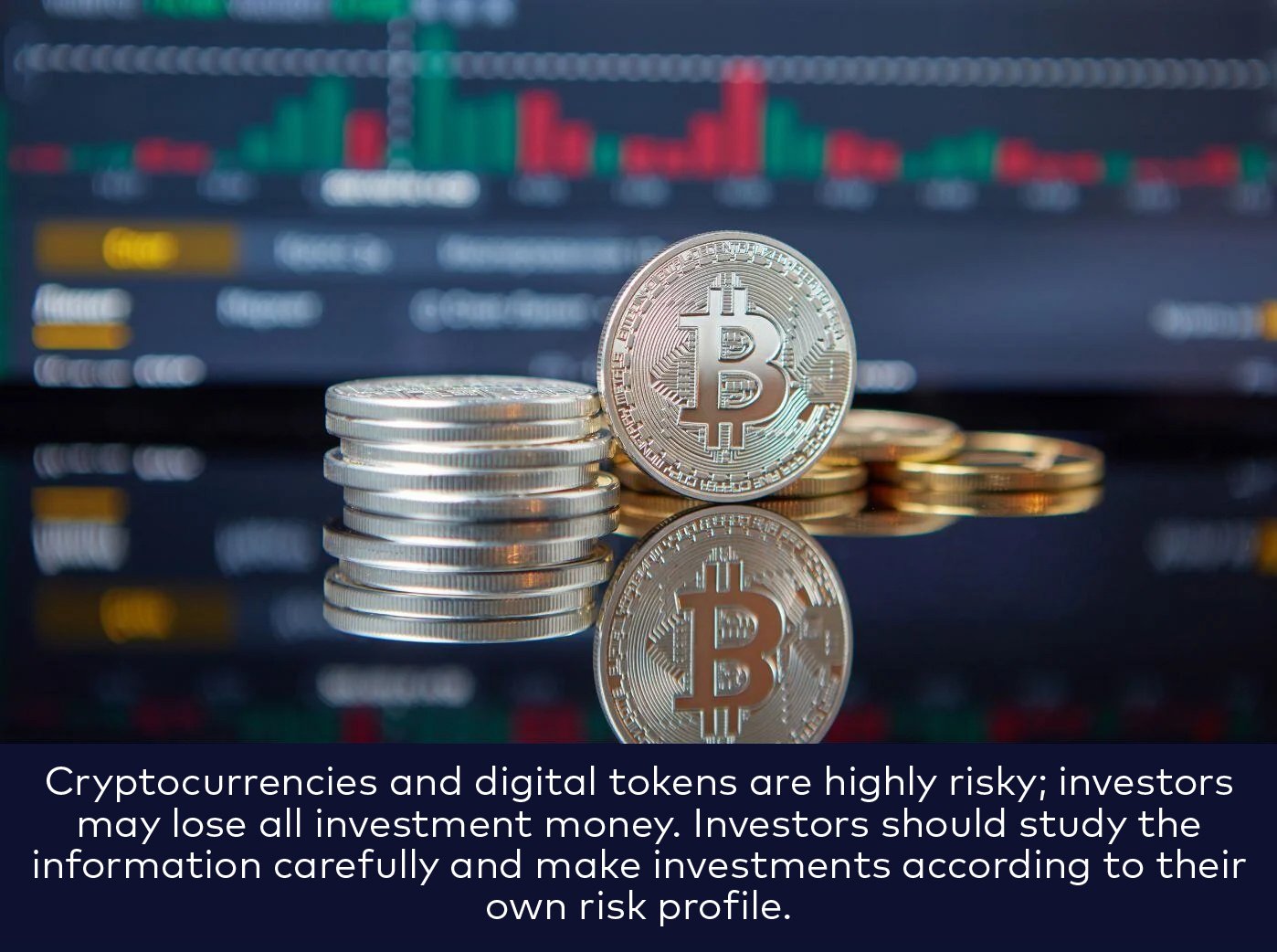
Benefits of Digital Finance
- Decentralised: It is independent of intermediaries or centralised authorities that enforce rules to control the currency's value or monetary policies that could lead to deflation/inflation.
- Secure & Transparent: Blockchain technology ensures every transaction is publicly verifiable, preventing fraud and enhancing trust—key advantages of digital currency.
- Fast & Private: Transactions occur in real time, with improved privacy compared to traditional banking systems.
Popular Digital Currencies and Their Categories
The digital asset market features various cryptocurrencies, each serving a unique purpose:
- BTC (Bitcoin) is the most valuable cryptocurrency in the market, classified as a ‘Store of Value’ with a limited supply that enhances its future purchasing power.
- ETH (Ether) is the native cryptocurrency of Ethereum, a blockchain built for smart contracts and decentralized applications (dApps). It falls under the ‘Smart Contract Platform’. Users pay gas fees in ETH to execute transactions and run smart contracts, ensuring network security and efficiency.
- USDT (Tether) falls under the Stablecoin category, maintaining a 1:1 peg with the US dollar (USD) through assets held in the Tether Reserve. Its stability makes it a preferred choice for transactions and value storage.
- SAND (The Sandbox) is a GameFi token used for buying, selling, and trading assets within virtual worlds and games. It can also be traded on exchanges like other cryptocurrencies.
- TRUMP (Official Trump) is a Meme Coin, created primarily for entertainment and hype, with no significant financial utility or backing.
How Digital Currencies Are Used
Digital currency isn’t just for trading—it serves multiple purposes, from everyday spending to purchasing assets and making investments. Primarily, it can be used for:
- Purchasing Goods & Services – Digital currencies are accepted at over 15,000 businesses worldwide.
- Donating to Charities – Many nonprofit organizations now accept cryptocurrency donations.
- Gifting & Tipping – Digital currencies can be used for sending gifts or tipping creators online.
- Travel & Accommodation – Some travel platforms accept digital currency for booking flights, hotels, and experiences.
- Real Estate & Virtual Assets – Digital currencies can be used to buy real estate, virtual assets, and in-game purchases within GameFi ecosystems.
- NFTs & Digital Art – Digital currency enables seamless buying, selling, and trading of NFTs and artwork from digital creators.
Digital currency is now widely accepted by businesses of all sizes, from small enterprises to multinational corporations. One of the most well-known examples of crypto payments in action is the infamous Bitcoin pizza purchase—a reminder of how digital assets have evolved from novelty to mainstream utility.
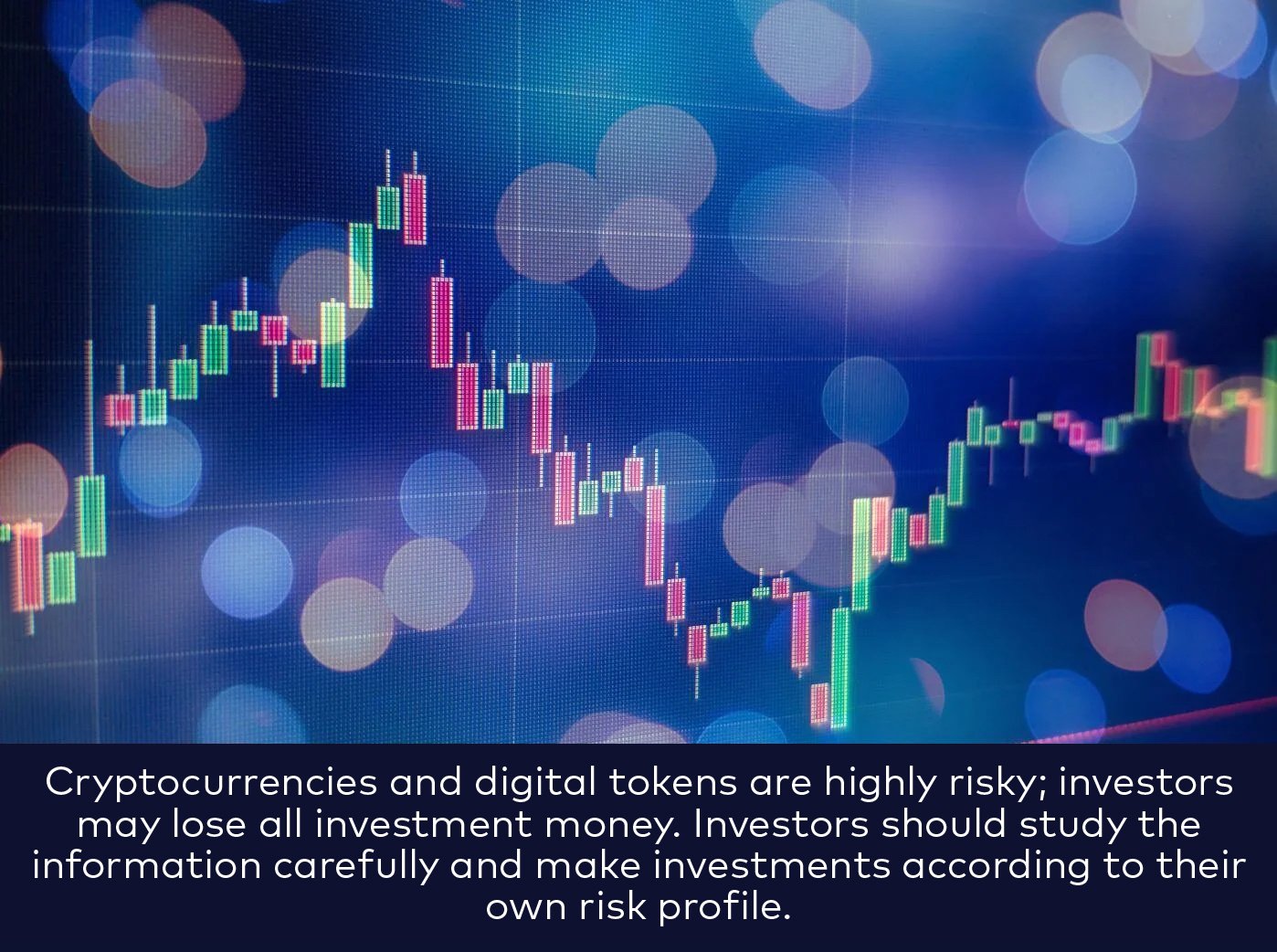
Risks of Digital Currency
While digital currencies offer great opportunities, they also come with risks:
- Price Volatility – Prices can swing dramatically due to speculation, market sentiment, and regulation.
- Security Threats – Hacking incidents and scams, such as ‘Rug Pulls,’ have led to significant investor losses.
- Regulatory Uncertainty – Some governments support crypto, while others impose restrictions or bans.
- Storage & Access Risks – Losing a private key or wallet password could result in permanent loss of assets.
The future of digital currency
Despite its risks, digital currency remains a powerful financial tool—providing security, privacy, and financial independence. As more people and businesses start using it, demand and interest will continue to grow. With digital coins making online transactions easier and more accessible, they have the potential to improve daily life and reshape the future of money.
Frequently Asked Questions about Digital Currency
Is digital currency legal in Thailand?
While digital currencies are widely used, they are not officially recognized by the Thai SEC under the Digital Assets Business Decree and Securities and Exchange Act. The issuance of digital tokens to the public must follow the ICO (Initial Coin Offering) process.
How to Start Investing in Digital Currency
Before investing in digital currency, it’s important to understand the asset, potential returns, and associated risks.
While digital currencies offer exciting opportunities for profit and even a potential career, they also come with risks—especially price volatility and fraud. To make smart and confident investment decisions, take the time to research, analyze multiple perspectives, and stay informed about the market.
Disclaimers
- Cryptocurrencies and digital tokens are highly risky; investors may lose all investment money. It is important to study information carefully and invest based on your own risk profile.
- Past returns or performance of digital assets do not guarantee future returns or performance.
Remark: The views, information, knowledge, and opinions expressed herein are those of the individuals involved and do not represent the views of Bitazza or its employees. Neither this email nor the content presented constitutes investment advice.
Share this
- February 2026 (3)
- January 2026 (8)
- December 2025 (15)
- November 2025 (5)
- October 2025 (13)
- September 2025 (9)
- August 2025 (12)
- July 2025 (19)
- June 2025 (11)
- May 2025 (11)
- April 2025 (15)
- March 2025 (11)
- February 2025 (15)
- January 2025 (9)
- December 2024 (10)
- November 2024 (8)
- October 2024 (9)
- September 2024 (7)
- August 2024 (16)
- July 2024 (3)
- June 2024 (46)
Subscribe by email

รู้จัก USDT ให้ลึกก่อนเริ่มใช้: Stablecoin เบอร์ 1 ที่ต้องมีในพอร์ตคริปโต

เงินดิจิตอลไม่ใช่แค่คริปโต! เข้าใจง่ายในบทความเดียว
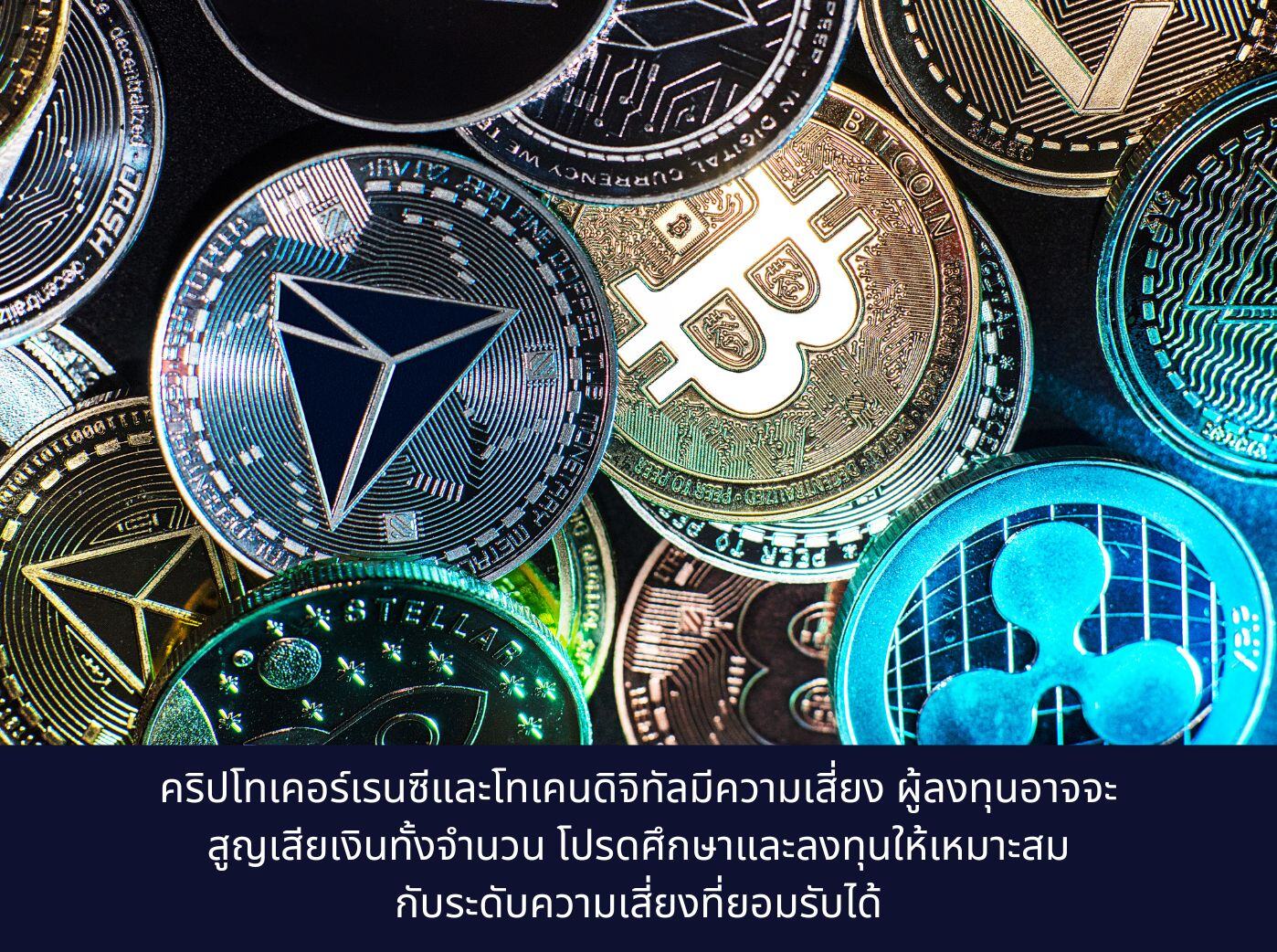
Cryptocurrency คืออะไร? คู่มือมือใหม่เข้าใจง่ายใน 5 นาที (อัปเดตปี 2026)

ทำความเข้าใจ Blockchain ฉบับปี 2026 ใช้งานได้จริง มือใหม่ก็เข้าใจ

เทรดรับโชคช่วงตรุษจีน รางวัลสูงสุด 20 USDT ต่อคน
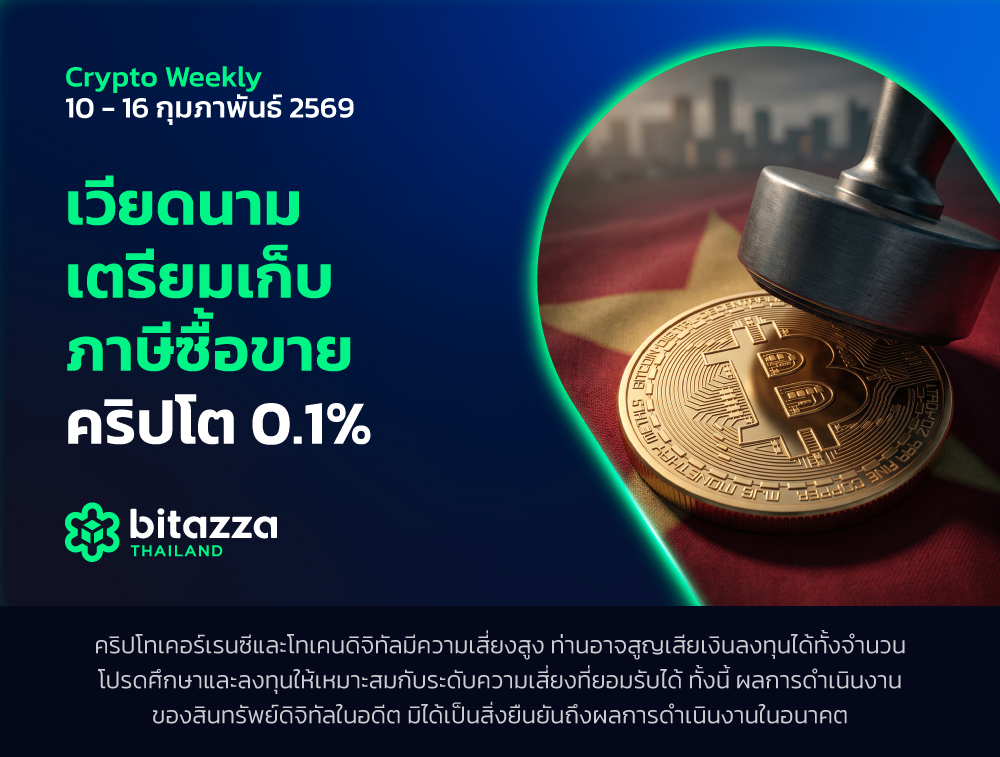
เวียดนามเตรียมเก็บภาษีซื้อขายคริปโต 0.1%
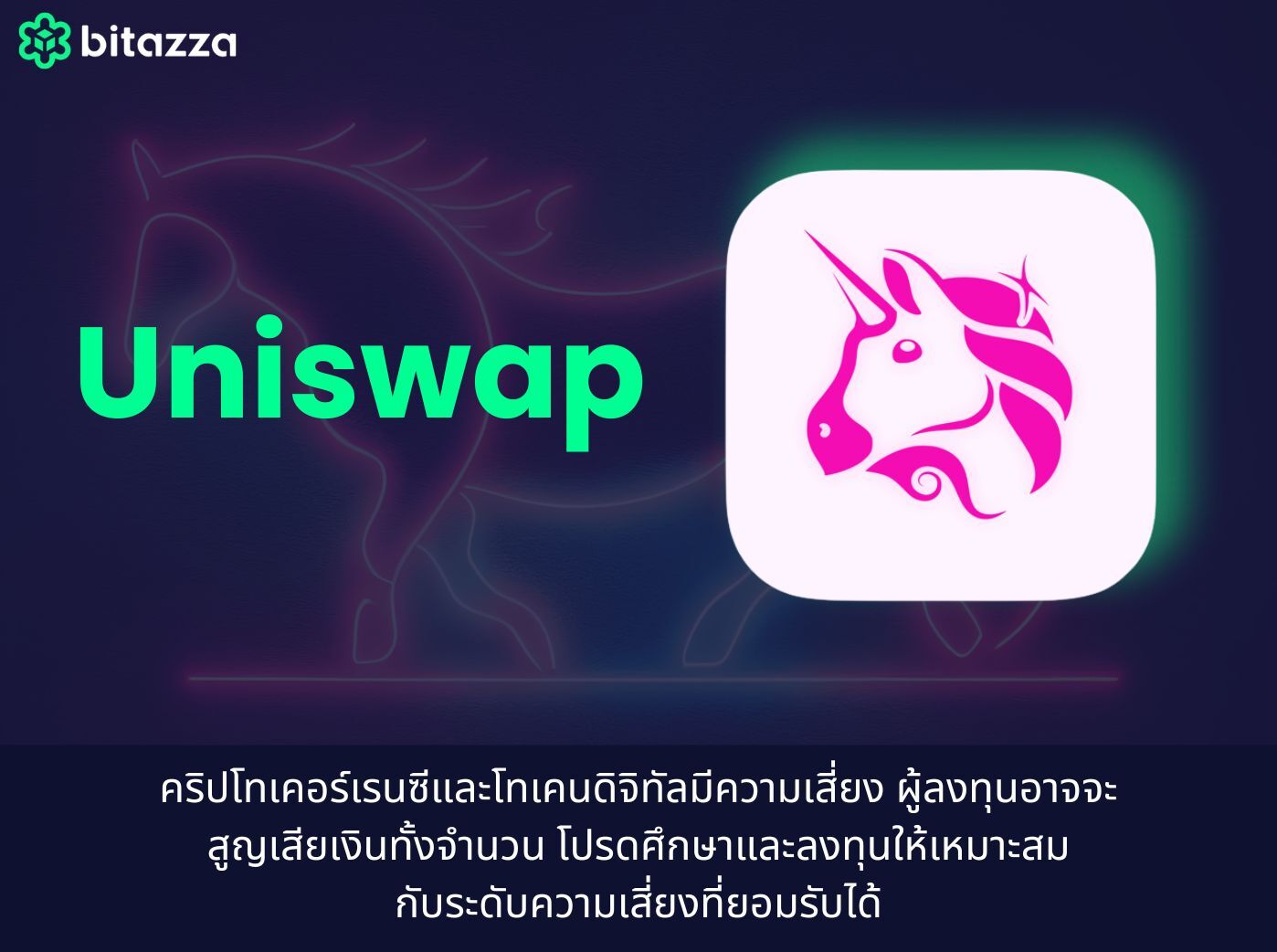
เจาะลึก Uniswap แพลตฟอร์ม DeFi สุดฮิตในปี 2026

Trump เสนอชื่อ Kevin Warsh เป็นประธาน Fed คนใหม่

XRP คืออะไร? เหรียญที่เน้นการโอนเงินข้ามพรมแดน
